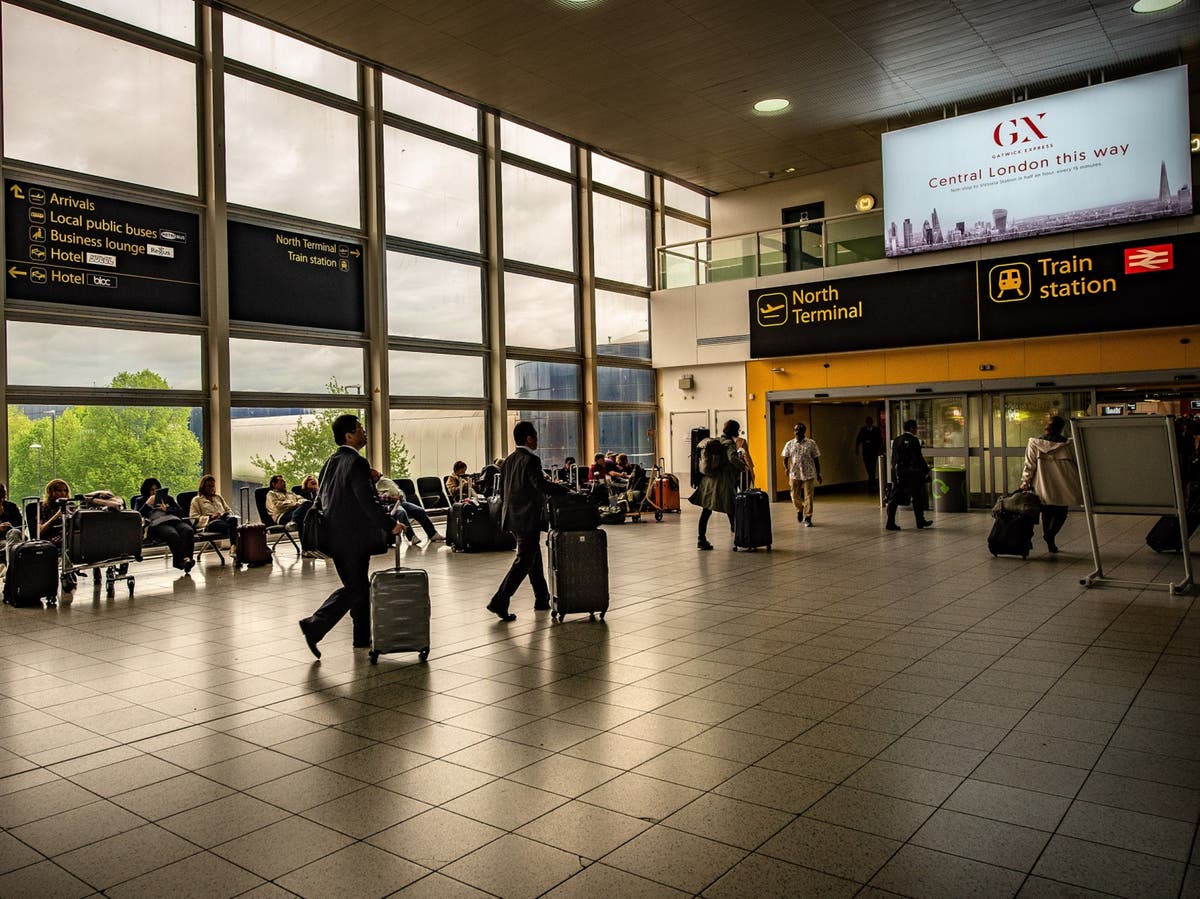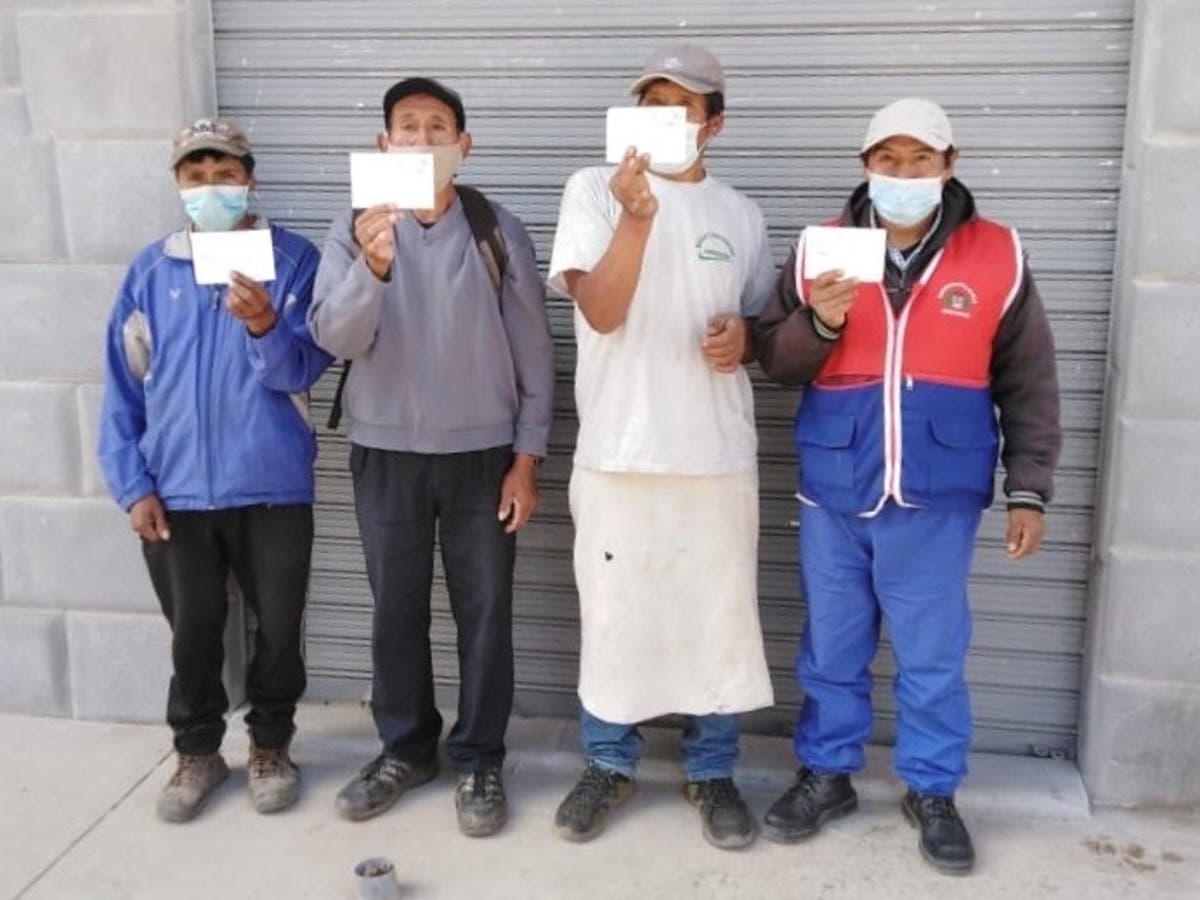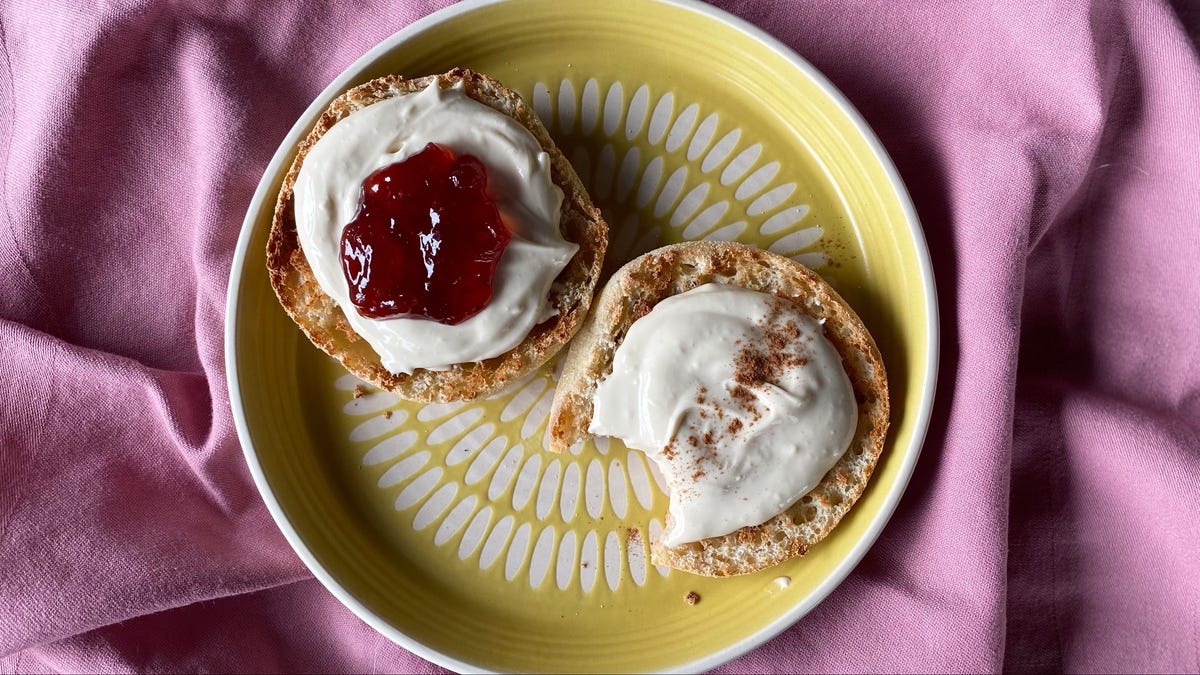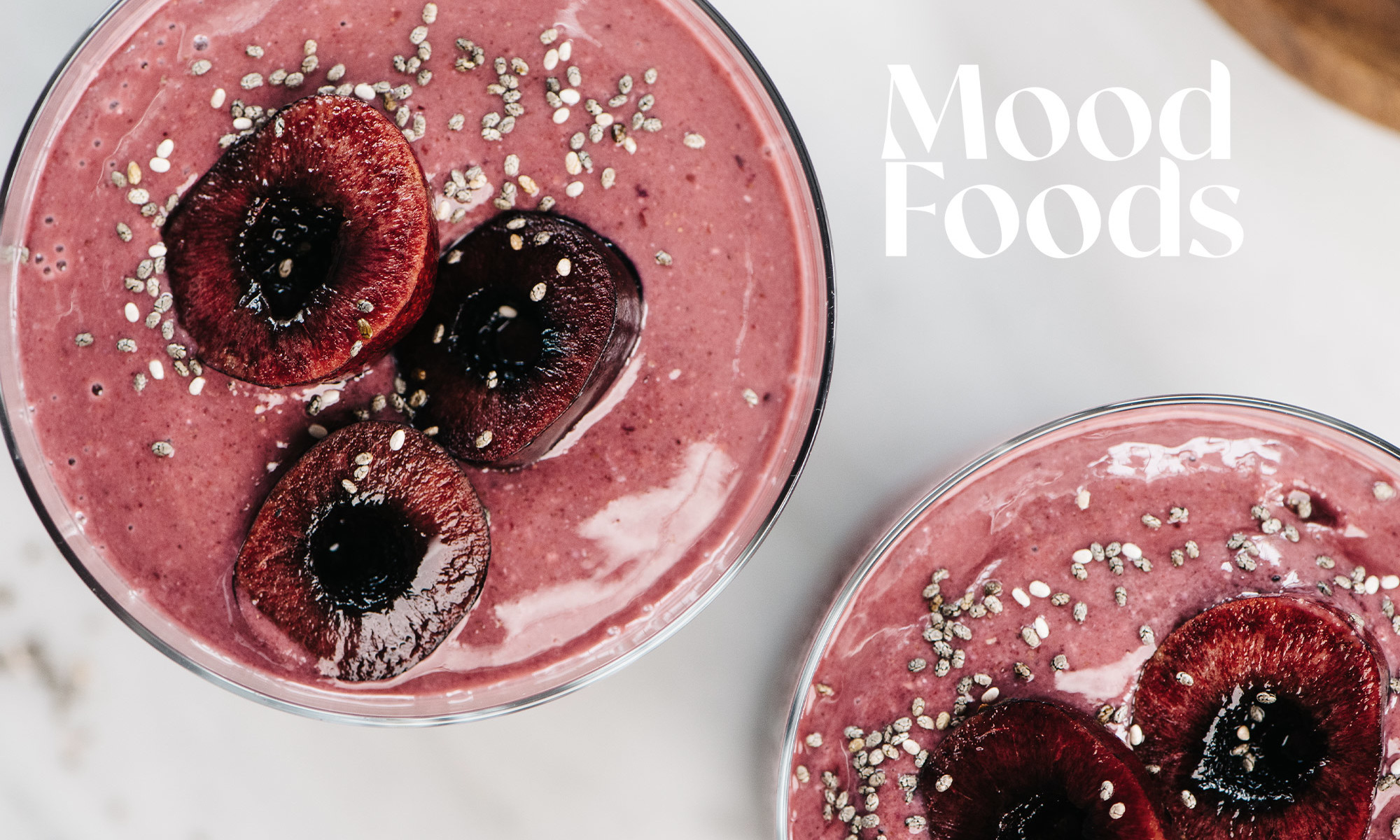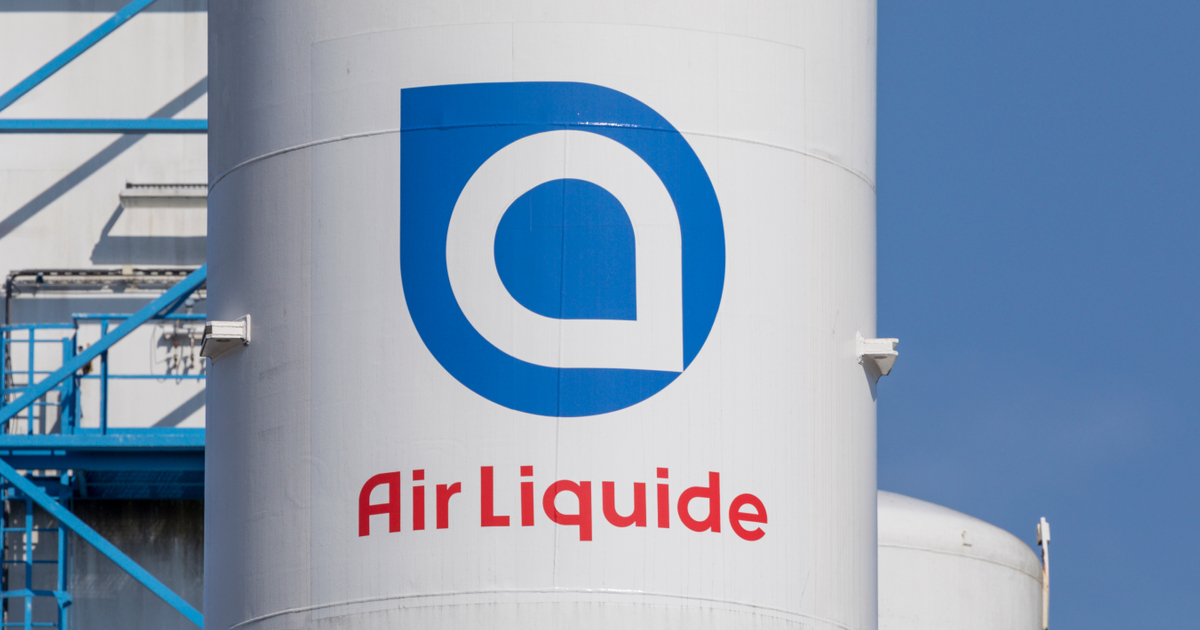Boss of pilots’ union says airlines must do more to encourage women into the skies
Only six per cent of pilots in the UK are female

Your support helps us to tell the story
As your White House correspondent, I ask the tough questions and seek the answers that matter.
Your support enables me to be in the room, pressing for transparency and accountability. Without your contributions, we wouldn't have the resources to challenge those in power.
Your donation makes it possible for us to keep doing this important work, keeping you informed every step of the way to the November election

Andrew Feinberg
White House Correspondent
The head of a British pilots’ trade union has said that airlines must do more to make the skies, which are largely dominated by male pilots, more accessible for women.
Amy Leversidge, who was elected as the British Airline Pilots’ Association’s (Balpa) first female general secretary in 2023, has called for airlines to improve workplace benefits for female pilots to encourage more women to enter the field.
Balpa estimates that out of the entire fleet of pilots in Britain, the percentage of females remains stuck at around six per cent.
In an interview with The Telegraph, Leversidge said that the progress of recruiting more women has been very slow, and female representation and visibility in aviation is only “surface level” if it is not backed up with real policies.
Balpa has previously said that despite several high-profile campaigns to try and increase the small statistic of female pilots, the figure has changed little over the years, and that actions over “words and images” are needed for change.
The new general secretary said that one of her goals is to increase the number of female pilots in Britain, especially in light of the country’s pilot shortage.
She explained that the issue does not lie in airlines being unlikely to hire women; instead it stems from the many practical issues that discourage women from becoming pilots.
“We’re trying to work with them around things like improving maternity pay and maternity leave, and what happens when you come back in terms of getting back on to the flight deck,” she told The Telegraph.
“Also, how airlines can support women when they are going through menopause. And how they can support working parents with childcare. You hear some stories where both parents are pilots, and they’re handing over children in the car park between flights.”
Balpa notes that even some pilot uniforms are not designed for women.
In the interview, Leversidge also highlighted the finacial barriers for both me and women entering the profession. She pointed out that it costs over £100,000 to become a pilot, with this more often than not coming from “the bank of mum and dad”.
For more travel news and advice, listen to Simon Calder’s podcast

 Aliver
Aliver 







